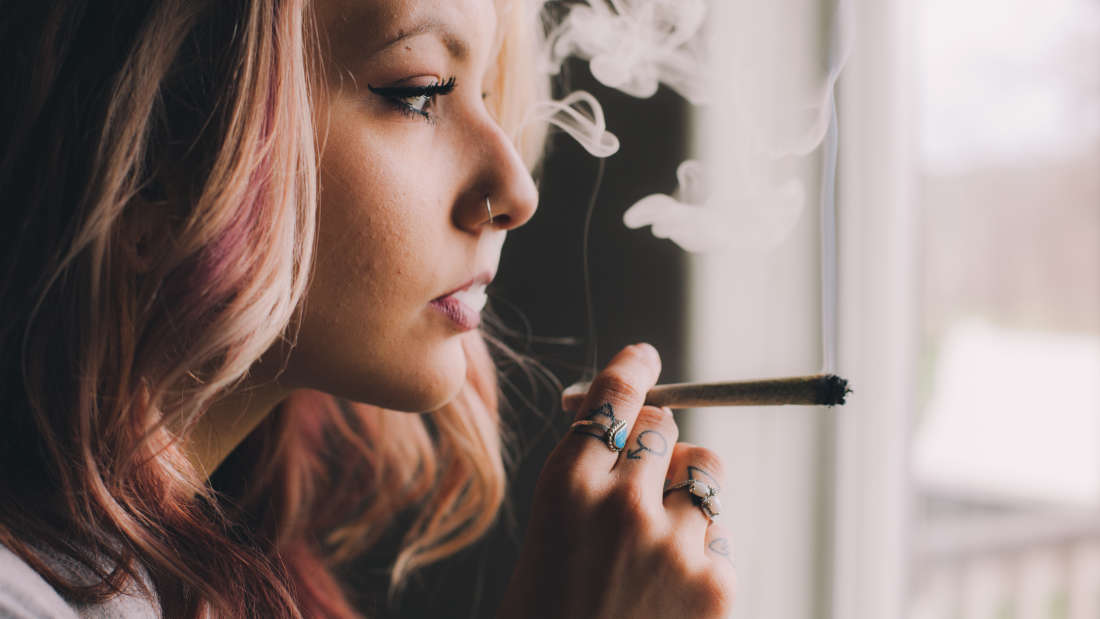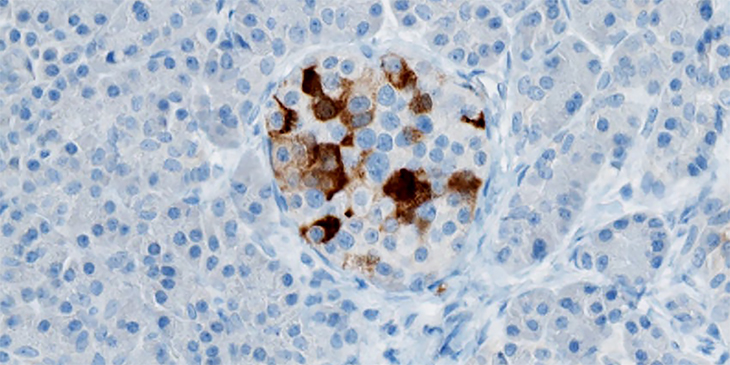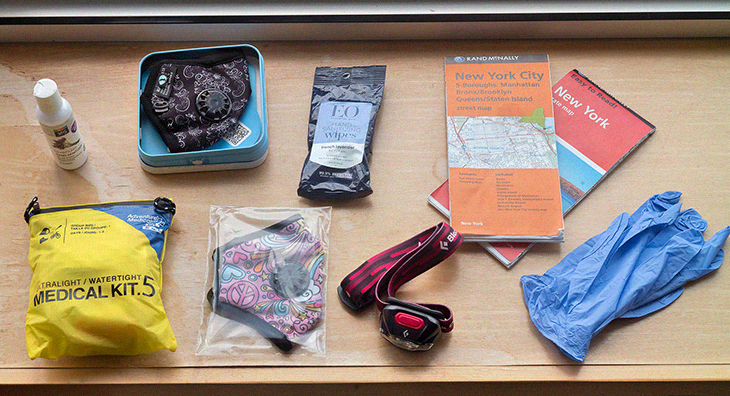By: Robin Andrews/IFL Science When it comes to cognitive benefits, cannabis is a bit of a mixed bag, with various studies concluding that it’s either good or bad in this regard. A new study, published in the Review of Economic Studies, comes down on the latter side thanks to a rather novel experiment.
After observing 4,000 students lose or retain access to marijuana at Maastricht University in the Netherlands, they found that, on average, those that partook in a little doobie or two earn worse grades and fail courses at a far higher rate than those that don’t.
As reported by the Washington Post, the experiment, rather curiously, set itself up.
Maastricht is close to the border of Belgium, France, and Germany, and many tourists come over the border to sample varieties of weed before popping off home again. Authorities decided the influx of pot tourists was too high, and they barred noncitizens of the Netherlands from purchasing or using weed from the city’s range of coffeeshops.
This means that students at the university who were residents of the Netherlands could still buy and use weed for recreational purposes, but other students could not. Not able to resist taking advantage of this, a pair of economists from the Behavior and Inequality Research Institute in Bonn and the Erasmus University of Rotterdam decided to track students’ grades.
They found that those who lost access to the coffeeshops showed at least a 5 percent extra chance of passing their classes, on average. Students who were female, usually underperforming, or younger showed an even greater benefit from not using cannabis compared to other groups.
“We find that performance gains are larger for courses that require more numerical/mathematical skills,” the researchers note in their study.
They argue that it’s likely that the well-documented effects of cannabis on most individuals – including difficulty consolidating memories and an impairment of problem-solving capabilities – are key here. Although this is correlation and not necessarily causation, it seems that by having access to weed, students suffer academically.

The laws on cannabis are notoriously liberal in the Netherlands. Stephen Bostok/Shutterstock
Some may see this as a good argument for a ban on the drug, but things are more complicated than that, both scientifically and politically.
First off, it’s worth pointing out that alcohol is a far more widespread, accessible, and dangerous drug that endangers the lives and welfare of users and those around them. Cannabis certainly seems to dent academic performance, but we’d bet that alcohol has a far more profound effect.
Secondly, banning a drug is widely seen as a way to empower the black market and criminal elements. Prohibition is clearly ineffective as a way to stop people getting their hands on drugs.
Perhaps better public education on drugs throughout university life would be the better option.




